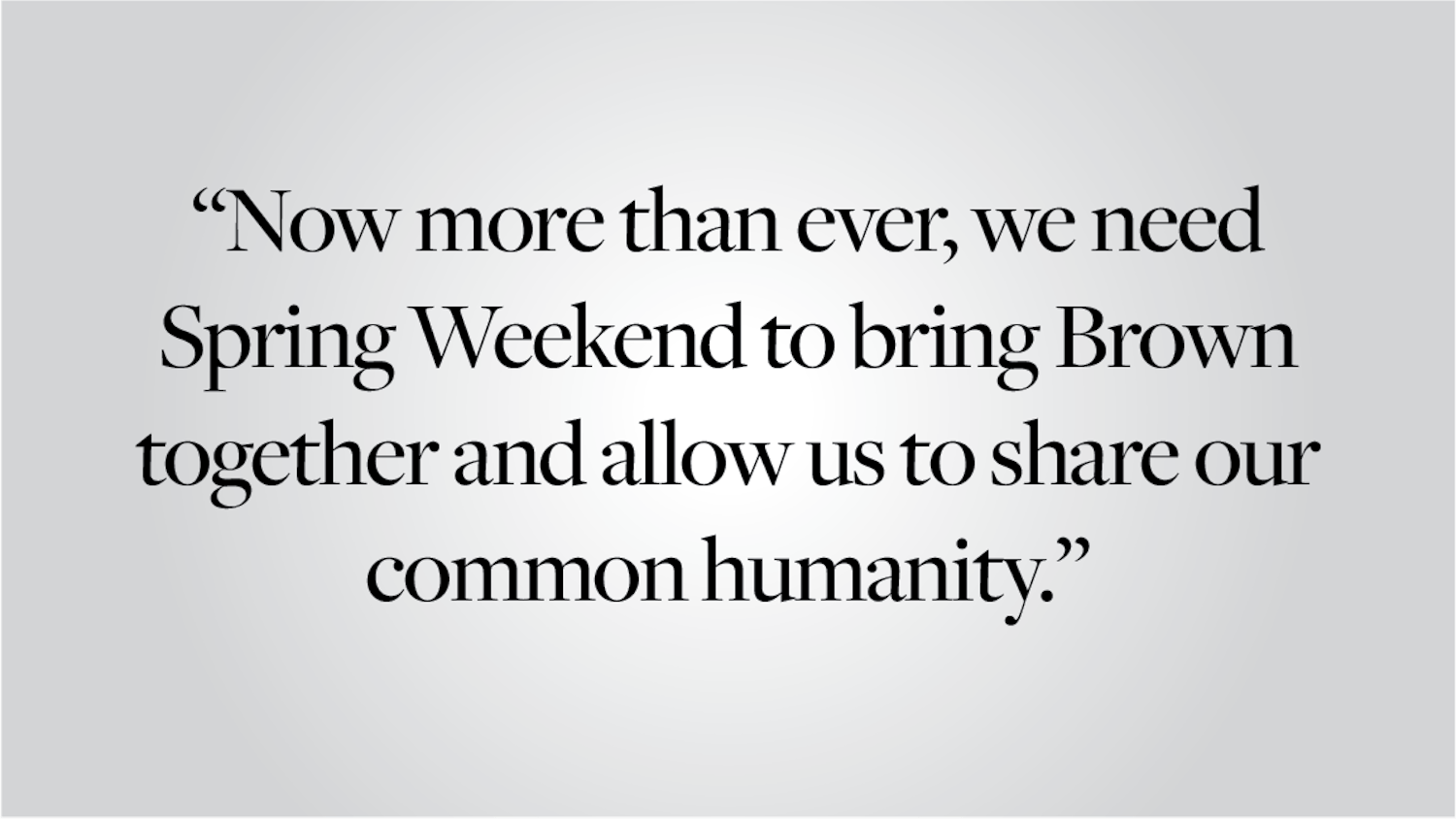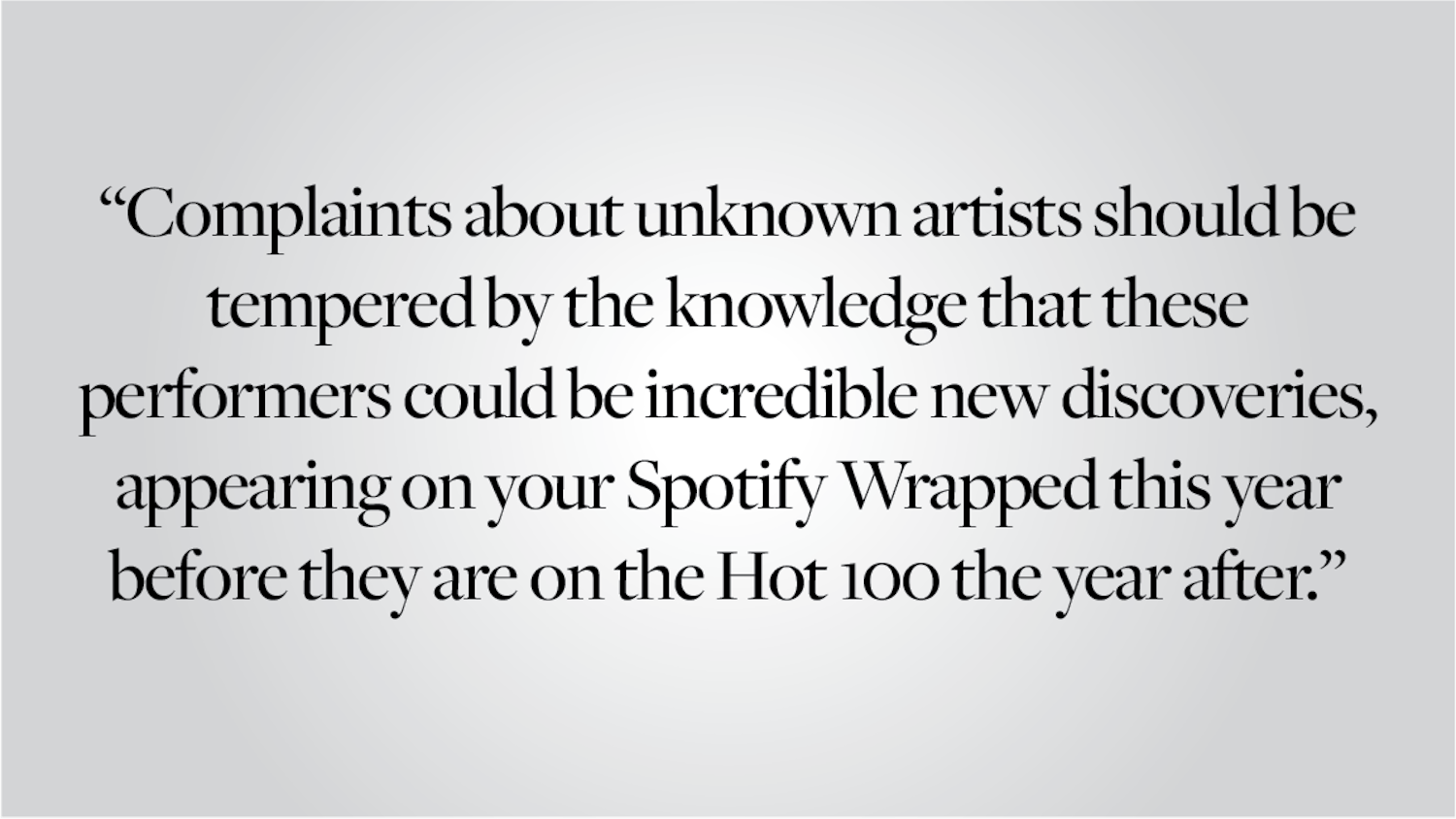When I was younger, I was an idealist; I assumed voters, when given the chance, would only select the best and the brightest to lead them. I looked up to authority figures, especially ones as powerful as presidents, because I assumed they must have done something right for millions to elect them into positions of power. Doesn’t it seem logical — and profoundly comforting — that people would elect someone who is eminently qualified to lead them?
Unfortunately, the current political climates in many countries would suggest otherwise. Recently, we have seen voters support politicians who are charismatic, but lack expertise or experience and are not well-versed in the subjects they talk about. This pattern bodes poorly for the future of democracies around the world. Former President Barack Obama called this phenomenon the “strand of anti-intellectualism” in his address to Rutgers University students. He, like myself, was baffled by the common practice of electing candidates who can be less knowledgable and experienced than citizens themselves. After all, as Obama put it, “It’s not cool to not know what you’re talking about.” With this sentiment, we should take steps to improve our education systems to ensure that the scourge of anti-intellectualism — the rejection of expertise, experience and evidence — doesn’t permanently harm our democracy.
We must remain aware that anti-intellectualism in our politics manifests itself in a variety of ways. Even in our highly intellectual societies — dependent on constant innovation, scientific advancement and unthinkable technological sophistication — we elect individuals that are often unqualified and unprepared to lead. In other words, we elect anti-intellectuals. At some point, we stopped valuing intellectualism, and worse yet, we began to demonize intellectualism and glorify ignorance by electing politicians who deceitfully associate themselves with everyday people. Don’t get me wrong; there’s genuine value in electing someone that’s actually in touch with the daily realities of voters. But politicians who feign humility may be elitist leaders who cater to the problems of their elitist friends, and that doesn’t make for a good leader either.
Second, political commentators inadvertently facilitate anti-intellectualism by making light of unqualified leaders without making it clear that being unqualified isn’t just a laughing matter — it’s a threat to the democratic system. A recent segment on “Last Week Tonight” with John Oliver mocked the presidential candidates in the upcoming French presidential election. Though I spent the majority of the segment chuckling to myself, when the comedy routine stopped, I couldn’t help but realize I was no longer laughing. It’s good that outlandish claims by politicians provide a lot of easy fodder for late-night television. But when citizens fail to hold their elected officials responsible for the positions they espouse and the things they say, and instead make a joke out of such positions, they end up normalizing the ridiculousness.
Third, once elected, anti-intellectual rhetoric can turn into damaging policies. Throughout U.S. presidential election cycles, we have witnessed candidates reject the existence of climate change, despite the fact that the scientific consensus points firmly in the direction of global warming. Here’s the problem: Hearing high-ranking politicians denying climate change will lead to at least a portion of the average voter population denying it too.
So how do we get people to value intellectualism in their lives and value experience over being an outsider? After all, more often than not, outsiders are just that: outside of the system, unaware of what makes the system work and what it takes to change it. I understand that, often, receiving a good education requires a degree of privilege that many are not afforded. Thus, to combat anti-intellectualism in our politics, we need to prioritize teaching voters and future politicians how to separate fact from simple narratives and deceitful campaign promises and instead value learnedness and lived experiences. A good place to start is to change school curriculums so that children from a young age understand that knowledge is a virtue not only in theory but also in practice. Further, we have to dial back our emphasis on wild aspirations and teach kids that dreams require knowledge and skill they have to work for. This culture of impulsive dreaming has serious implications for the quality of our leaders and candidates. Instead of seeking positions of power on a whim, people must be motivated to learn about policy, law and current events themselves before becoming leaders. As a society, we must understand governance isn’t a game, and aspirations of higher office come with enormous responsibilities.
Fabiana Vilsan ’19 can be reached at fabiana_vilsan@brown.edu. Please send responses to this opinion to letters@browndailyherald.com and other op-eds to opinions@browndailyherald.com.




